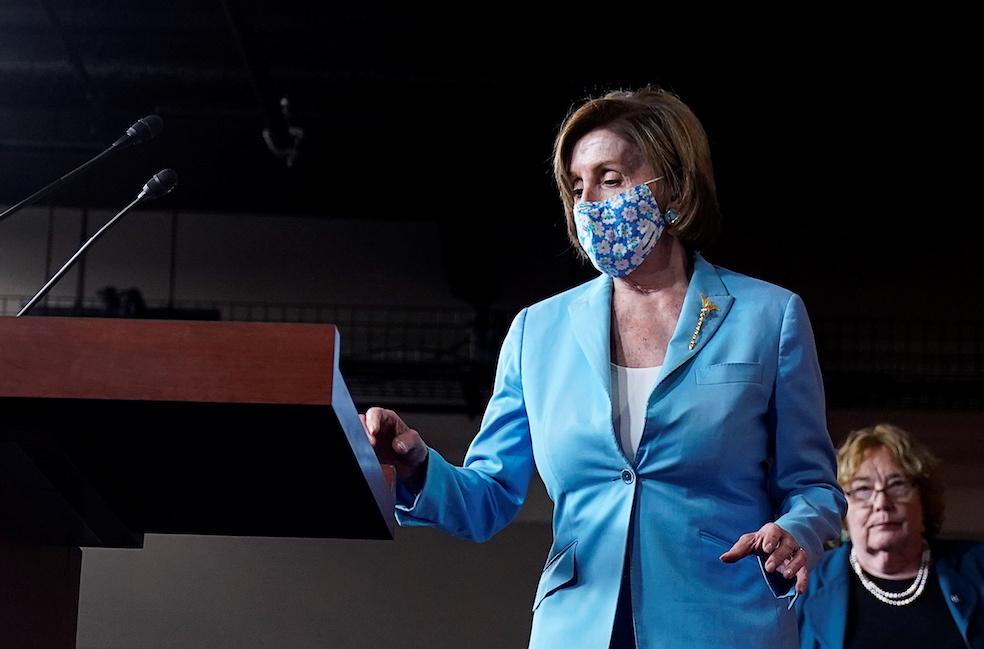The U.S. House of Representatives voted late Wednesday to create an independent commission to investigate the Jan. 6 breach of the U.S. Capitol.
The vote was 252-175, with all 217 Democrats in favor of the measure and 35 Republicans joining. The bill now goes to the evenly-divided Senate for a vote.




